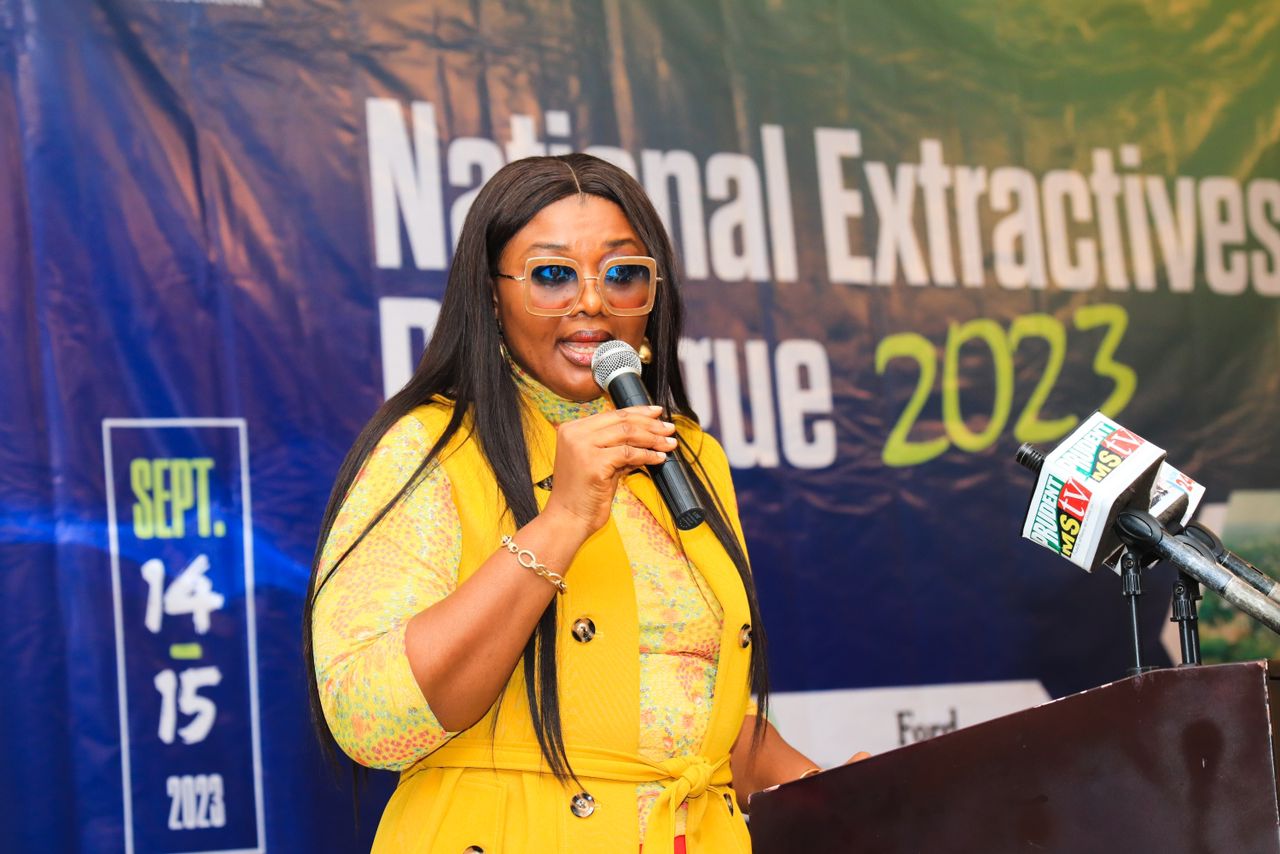
The Executive Director, Spaces for Change, (S4C), Victoria Ibezim-Ohaeri, has maintained that until the implementation of Nigeria’s Petroleum Industry Act (PIA), communities did not get significant benefits from their natural resources.
She made the disclosure at the just-concluded two-day National Extractives Dialogue (NED2023), Host Community Development Trusts, which had “Catalysts for Equitable Benefit-Sharing and Sustainable Prosperity for All” as its theme.
Ibezim-Ohaeri acknowledged that several communities across the federation are rich in mineral resources, including gold, ore, tin, limestone, lead, zinc, barite, coal, copper, crude, diamond, crude oil and natural gas that promise prosperity beyond imagination.
Stressing the impact of PIA, she said, recently, transformation knocked gently on the door, in response to the yearnings of local people, as the Nigerian government signed the law in August 2021.
“Chapter three of that Act offered a beacon of hope by demanding the creation of the Host Community Development Trusts (HCDTs). Under Section 240 of the Act, the benefits of natural resources must now flow back to the communities where they came from.
“Extractive corporations—whether indigenous or international—are now required to contribute three per cent of their actual operating expenditure to the Host Community Development Trusts. With a promise to accelerate the economic and social development of communities in the petroleum-producing areas, the Act made new arrangements for fostering sustainable prosperity within the host communities; providing direct social and economic benefits from petroleum operations to the host communities; and determined to enhance peaceful and harmonious co-existence between extractive corporations and their host communities.” she said.
Ibezim-Ohaeri added that under Section 240 of the Act, the benefits of natural resources must now flow back to the communities, are required to contribute three per cent of their actual operating expenditure to the Host Community Development Trusts.
She continued: “With a promise to accelerate economic and social development of communities in the oil-producing areas, the Act made new arrangements for fostering sustainable prosperity within the host communities, providing direct social and economic benefits from petroleum operations to the host communities, and determining to enhance peaceful and harmonious co-existence between extractive corporations and their host communities. What do these new arrangements mean? It means that host communities now have the right to benefit from natural resources tapped from their backyard.”
On his part, the Executive Secretary of NEITI, Orji Ogbonnaya Orji, said his support for S4C is in furtherance of their partnership and collaboration with civil society organisations to deepen implementation of EITI at sub-national levels.
Similarly, Imo State Commissioner for Petroleum Resources, Prof. Eugene Ukachukwu Opara, said extractive companies within their rural communities were operating under what they coined as Global Memorandum of Understanding (GMoU), as it relates to dealings with their host communities.
He added: “Until S4C intervention, Assa North Ohaji (ANOH) host communities signed GMoUs without having external contacts with other organisations and situations that could give them sound legal advice and alternative information that could enrich the quality of negotiations with extractives companies. A negotiation with unequally endowed or unbalanced teams can be exploitative.”
The Chief Executive of Nigerian Upstream Petroleum Regulatory Commission (NUPRC), Gbenga Komolafe, who was represented by the Regional Coordinator, Owerri, A. M. Uviovo, advised the communities to take ownership of the facilities located within their localities to enable them obtain the maximum benefits of the PIA provisions.






